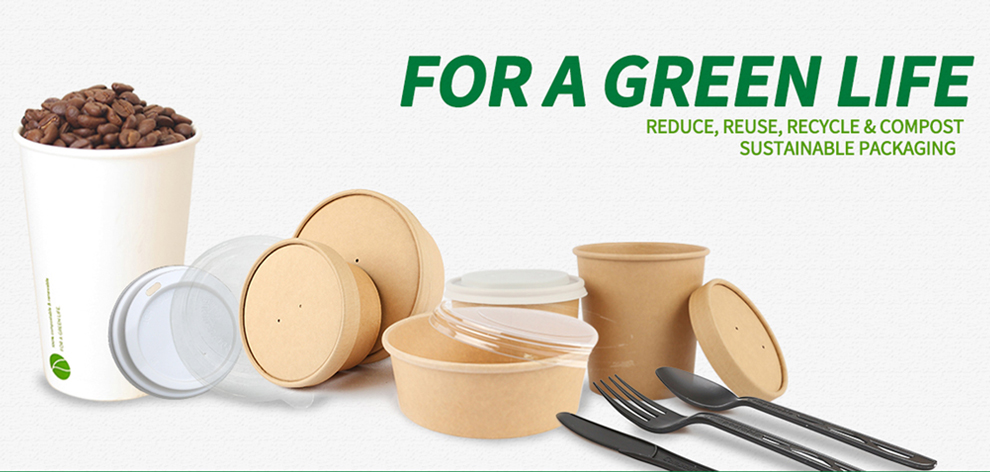The Impact Of The Epidemic On Various Packaging Industries
As a means of delivering goods to consumers in the world they live in, packaging is constantly adapting to the pressures and expectations placed on it. In most cases, before and after the pandemic, this adaptation was successful. Smithers Research organizes the impact of five major packaging industries, such as flexible packaging, rigid plastics, cardboard, metal and glass. Most impacts will be positive or neutral, with varying degrees of change expected in the post-pandemic environment. The overall optimistic outlook for these industries is summarized below.
Flexible plastic packaging
Flexible packaging is one of the industries least affected by the outbreak due to its high share of food packaging. Sales of frozen meals, household items and many other products packed into store shelves in flexible films have surged.
Nonetheless, negative sustainability and regulatory impacts of flexible and rigid packaging cannot be ruled out.
Hard plastic packaging
The demand for rigid plastic packaging in the food and beverage industry will continue to grow. The high cost of recycling rigid plastic products is likely to hinder the further growth of the market.
Supply constraints are expected to intensify in the coming months as suppliers around the world deplete inventories. However, over time, the industry is expected to benefit from changing lifestyles, which has increased the demand for convenience packaging in rigid plastic form.
Factors in favor of the industry rebound include replacing plastic with cardboard to meet sustainability goals, growth in e-commerce sales, wider use of digital printing for quick turnaround, variable data packaging production.
The migration of plastic packaging structures to cardboard will gain more momentum as brands seek new opportunities to replace existing materials with more sustainable alternatives.
Metal packaging
Growth opportunities will come from the continuous introduction of new food and beverage products in metal cans, the growing popularity of reusable packaging, and an increasing focus on improving product shelf life.
Packaging safety and product integrity, two areas of concern for consumers during the pandemic, are strong selling points for metal containers.
Metal cans for food and beverages are also ideal for e-commerce logistics. They are highly resistant to breakage during transport; save energy by transporting at non-refrigerated ambient temperatures, and as e-commerce traffic increases, so will the volume of product delivered in these containers.
Glass packaging
Demand for glass for food and beverages is on the rise, accounting for 90% of all glass containers used. Pharmaceutical and health applications - medicine bottles and hand sanitizer bottles - also increased, as did glass packaging for perfumes and cosmetics.
After the epidemic, glass may face pressure in the e-commerce channel due to the relatively high shipping weight. However, glass bottles remain the container of choice for many products due to their chemical inertness, sterility and impermeability.
Citing trends in food packaging visibility over the past few years, consumers increasingly want to see the physical product inside the packaging before buying it. This has prompted dairy companies and other suppliers to start offering more products in clear glass containers.

FUTUR is a vision-drive company, focus on developing sustainable packaging for food industry to make a circular economy and create a green life in the end.
Benefits of FUTUR™ Paper Product Range:
1. Whole range of packaging products, serve coffee shops to restaurants
2. 100% Tree Free, made from bamboo pulp - an annually renewable resources
3. Compostable, BPI & Din Certico & ABA certified
4. Food grade compliant
5. 100% coverage printable
Post time: Apr-22-2022